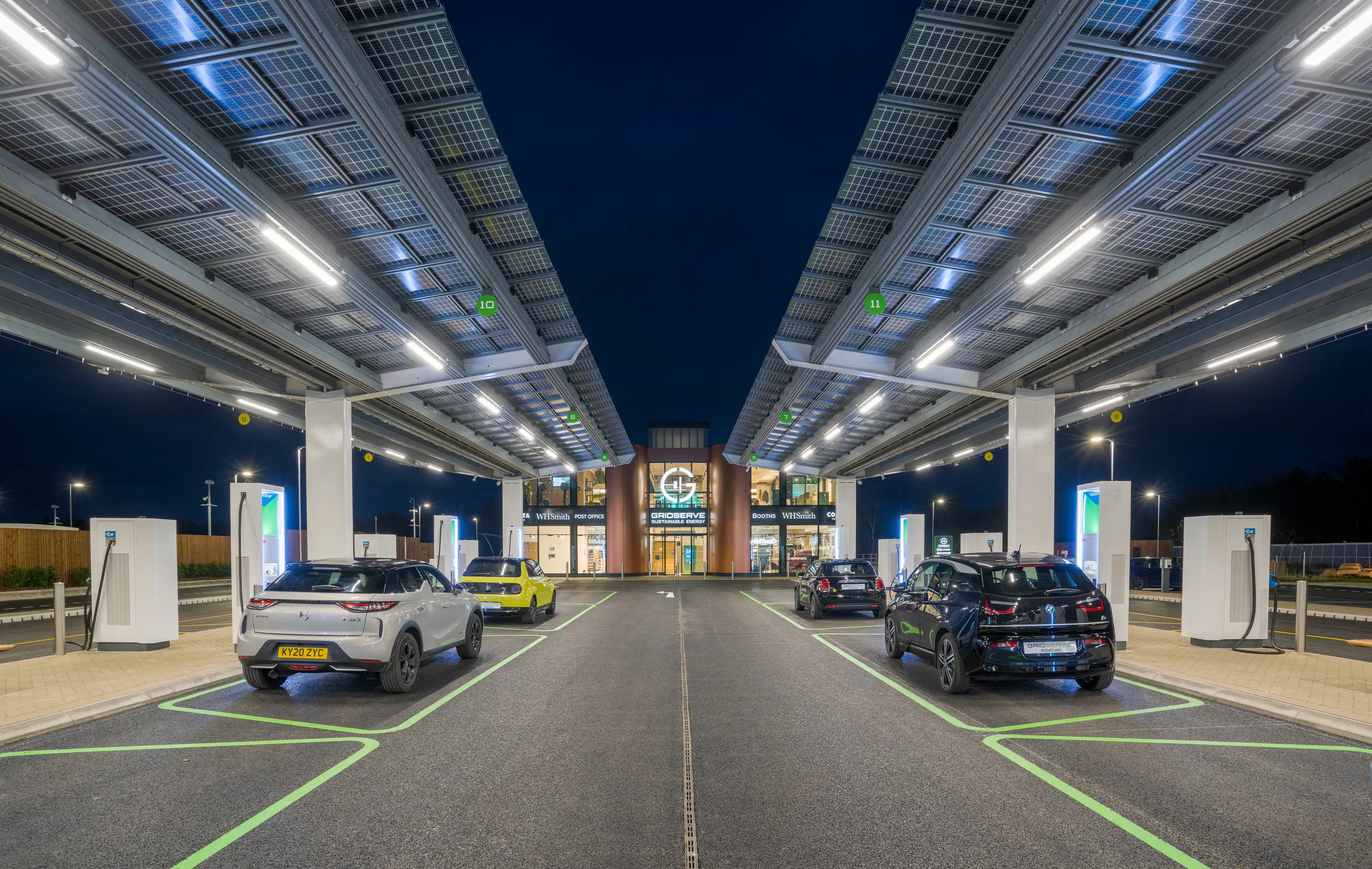Two electric vehicle (EV) charging points have gone into service as part of the Corri-Door project, which benefits from almost US$6.5 million funding under the EU TEN-T Programme. The aim of the Corri-Door project is to enable an interoperable fast charging network and foster rapid electric vehicle deployment in France and in Europe.
The two first fast charging points went service in the Bosgouet Nord rest area on the A13, 128 kilometres from Paris and Tardenois Nord rest area on the A4, 97 kilometres f
June 1, 2015
Read time: 2 mins
Two electric vehicle (EV) charging points have gone into service as part of the Corri-Door project, which benefits from almost US$6.5 million funding under the EU TEN-T Programme. The aim of the Corri-Door project is to enable an interoperable fast charging network and foster rapid electric vehicle deployment in France and in Europe.
The two first fast charging points went service in the Bosgouet Nord rest area on the A13, 128 kilometres from Paris and Tardenois Nord rest area on the A4, 97 kilometres from Paris. They are part of a pilot deployment of 200 new fast charging points along the main French highways which will be completed by December 2015.
The Corri-Door project will analyse many aspects related to the usage of electric vehicles and develop innovative business models supporting the deployment of a fast charging infrastructure. Corri-Door will also provide a roadmap for the rollout of electric vehicle charging infrastructure in France, as well as recommendations for other EU countries.
Co-funded by the European Commission under the TEN-T Annual Call 2013, priority decarbonisation/reduction of noise, Corri-Door is a project involving seven consortium partners including business and engineering schools. Its implementation is monitored by INEA, the European Commission's Innovation and Networks Executive Agency.
The two first fast charging points went service in the Bosgouet Nord rest area on the A13, 128 kilometres from Paris and Tardenois Nord rest area on the A4, 97 kilometres from Paris. They are part of a pilot deployment of 200 new fast charging points along the main French highways which will be completed by December 2015.
The Corri-Door project will analyse many aspects related to the usage of electric vehicles and develop innovative business models supporting the deployment of a fast charging infrastructure. Corri-Door will also provide a roadmap for the rollout of electric vehicle charging infrastructure in France, as well as recommendations for other EU countries.
Co-funded by the European Commission under the TEN-T Annual Call 2013, priority decarbonisation/reduction of noise, Corri-Door is a project involving seven consortium partners including business and engineering schools. Its implementation is monitored by INEA, the European Commission's Innovation and Networks Executive Agency.









